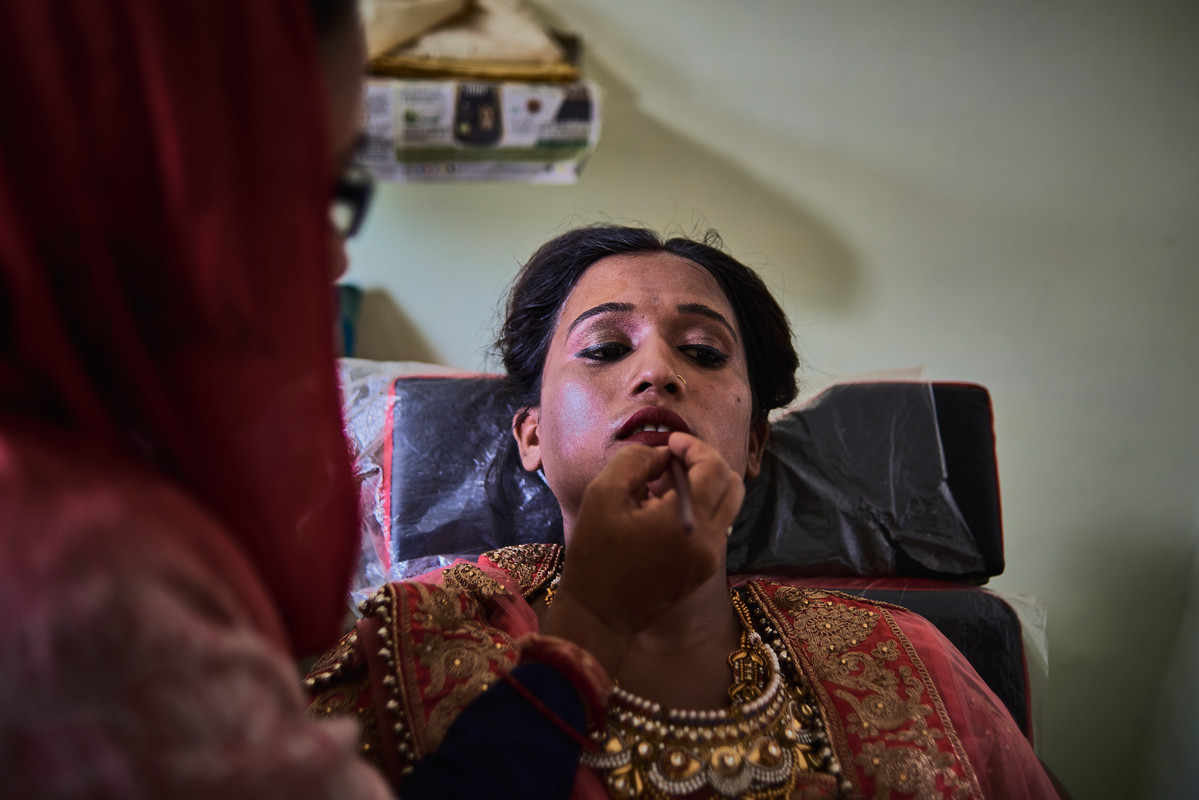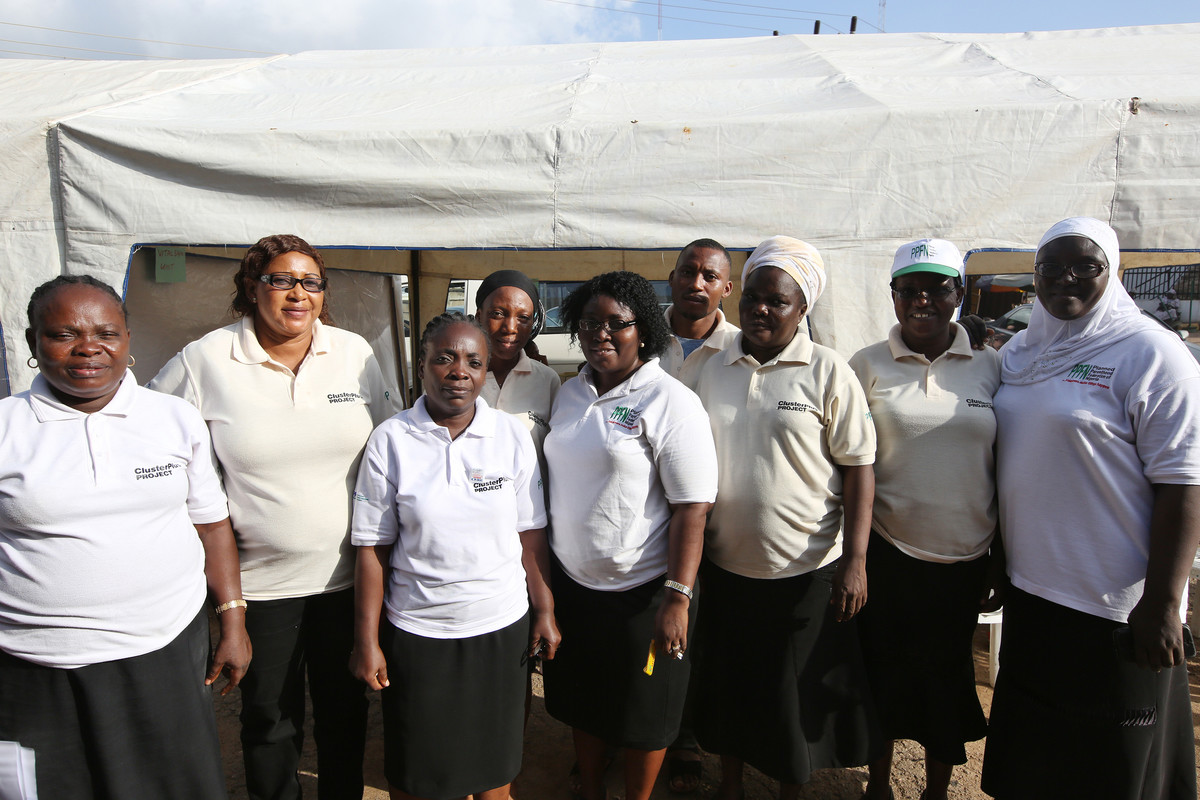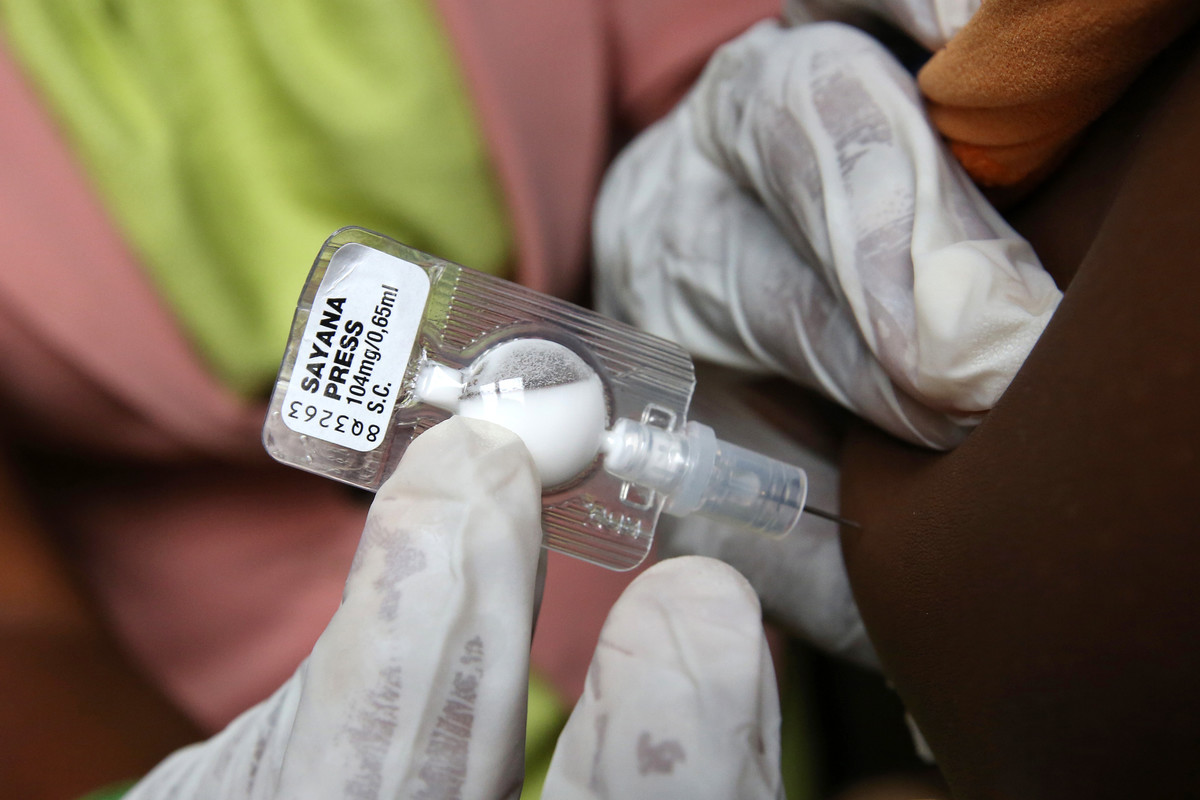Spotlight
A selection of resources from across the Federation

HIV Theory of Change
Our HIV Theory of Change is to clarify the goals and vision of IPPF’s HIV programme and to articulate the different pathways and strategies IPPF uses to contribute towards its HIV goals and vision.
Filter our resources by:


| 08 August 2019
Watch - Beauty Behind Bars: Life after prison for women in India
India is home to 20 female-only prisons, that have the capacity to hold just 5,000 inmates. Women currently make up 4% of India's prison population. Before they reach prison, many women have already experienced sexual and gender-based violence. Many inmates face discrimination and are often ostracized from their community and their families once they are released. Realizing a gap in care for women once released, the Family Planning Association of India (FPAI) have stepped in to ensure women are equipped with not only healthcare whilst in prison but life training skills. Skills that will financially support them and their children with or without the support of their families. Established in 1949, the Family Planning Association of India has provided life skills training ranging from beauty parlour related work to car mechanics to 768 women in six locations.

| 11 October 2016
Changing lives in Nigeria
Nigeria has Africa’s biggest population. And it’s still growing at 3% a year. A lack of family planning is one reason – many women and girls want contraception – but like millions around the world – can’t get it. But that could be about to change, thanks to a pilot project run by Planned Parenthood Federation of Nigeria (PPFN), IPPF’s national member. It’s proving a huge success. This is its story, told by the women whose lives it has changed and the people working to change them. LAUNCH THE INTERACTIVE STORY

| 15 September 2016
Creating a one-stop shop of services in Nigeria
On the ground in Nigeria, one of programme officers explains why outreach is so successful: “The project was a one-stop shop which brought services together. So a woman could have screening for breast and cervical cancer, counselling and have access to all methods of family planning at the same place. Also if a woman was detected with early stage of cervical cancer, we were able to carry out a curative operation."

| 13 September 2016
Working in the community
Olusula, 40, is a Community Health Extension Worker in Nigeria. "I refer clients through vouchers to the facility of their choice for long acting and reversible contraceptive methods too", she says.

| 12 September 2016
Sayana Press
Emiade Kudirat, 24, is a Community Health Extension Worker doing outreach in Nigeria. She specializes in the Sayana Press - a three-month, progestin-only injectable contraceptive favoured for its convenience in administration and portability. One patient, 24-year-old Bukola Polpoola, says she is happy that her treatment was free and easy.

| 12 September 2016
Public Facility Worker
Shodunke Mary, 53, has been a midwife from the Local Government Area Council for seven years in Nigeria. Now she is working with PPFN providing family planning counselling and a range of integrated sexual and reproductive health services. In addition, Mary also conducts on the job training to other facilities which are providing services for the PPFN model. "The model used by PPFN is successful because the services we provide are free, the providers are motivated and the community leaders are also involved in the implementation. Also, the commodities and equipment are always available."















